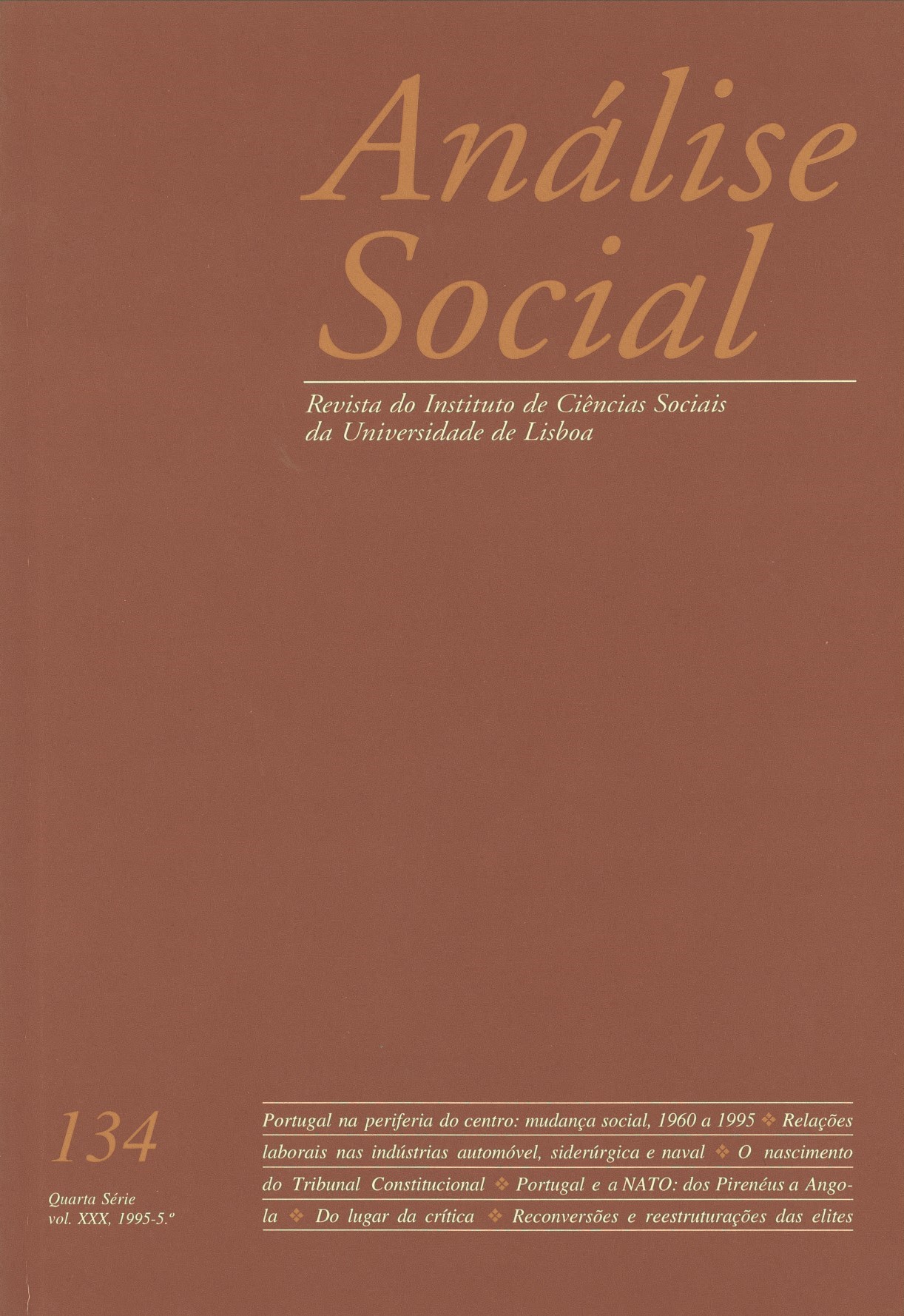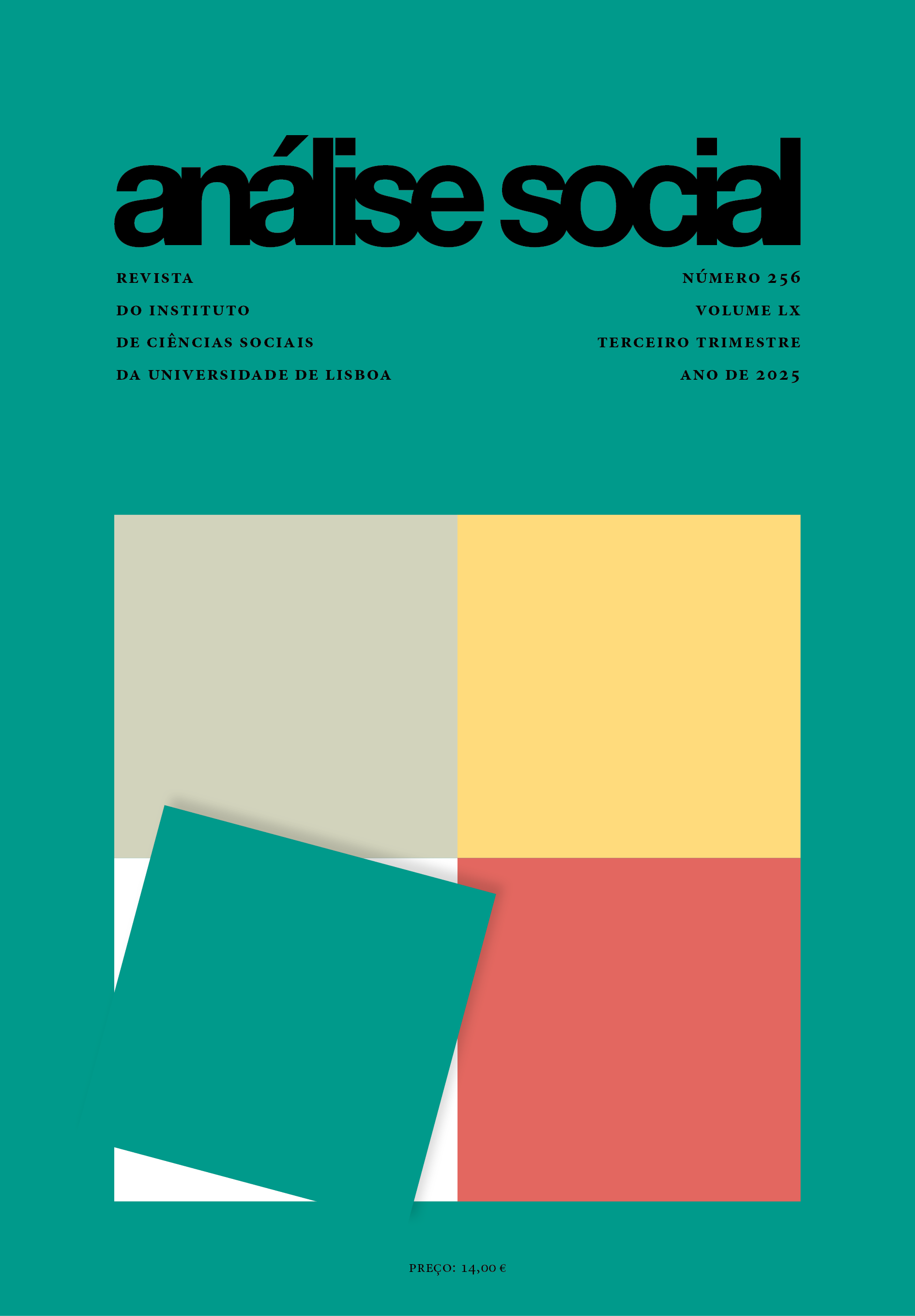The creation of Portuguese constitutional law: the birth of the Constitutional Court
DOI:
https://doi.org/10.31447/AS00032573.1995134.03Keywords:
creation of the Portuguese Constitutional Court, Portuguese constitutional law, process of creationAbstract
The process of creation of Portuguese constitutional law developed at two speeds: a long term one, from the republican Constitution of 1911 until 1982, when the first revision of the 1976 Constitution took place; and a short term one, which took place rapidly between the 1982 constitutional revision and the approval in the same year of the Constitutional Court Law. In order to check if a law was constitutional, the 1911 Constitution used a diffuse regulatory mechanism inspired by the North American judicial review ( this was an innovation in Europe). However, at that time it was proposed that the Supreme Court have jurisdiction in checking if a law was constitutional. The same was true of the 1933 Political Constitution (which also had a peculiar feature whereby constitutional power over colonial laws was concentrated in the Overseas Council). Enshrined in the 1971 constitutional revision was the possibility that a law could assign competence for constitutional reviews to one or several courts. Such a law had not been published by the 25th of April 1974, and so the constitutional model continued to be close to the old 1911 Constitution. After the 25th of April there were many proposals to create a constitutional court. However, in the original version of the 1976 Constitution the model of control adopted was based on the binomial Council of the Revolution/Constitutional Commission. Even though it was not a true constitutional court, the experience of the Commission was very positive, and encouraged the creation of the Constitutional Court. After the 1982 constitutional revision created the Constitutional Court, all that remained was the drafting of the respective law on organization, financing, and procedure. Once this law had been passed, the process of creating Portuguese constitutional law formally ended. After that it is, in general, the Constitutional Court itself which makes the conditions of its own «material» institutionalization or, looked at another way, creates its own role in the context of other powers of the state.



